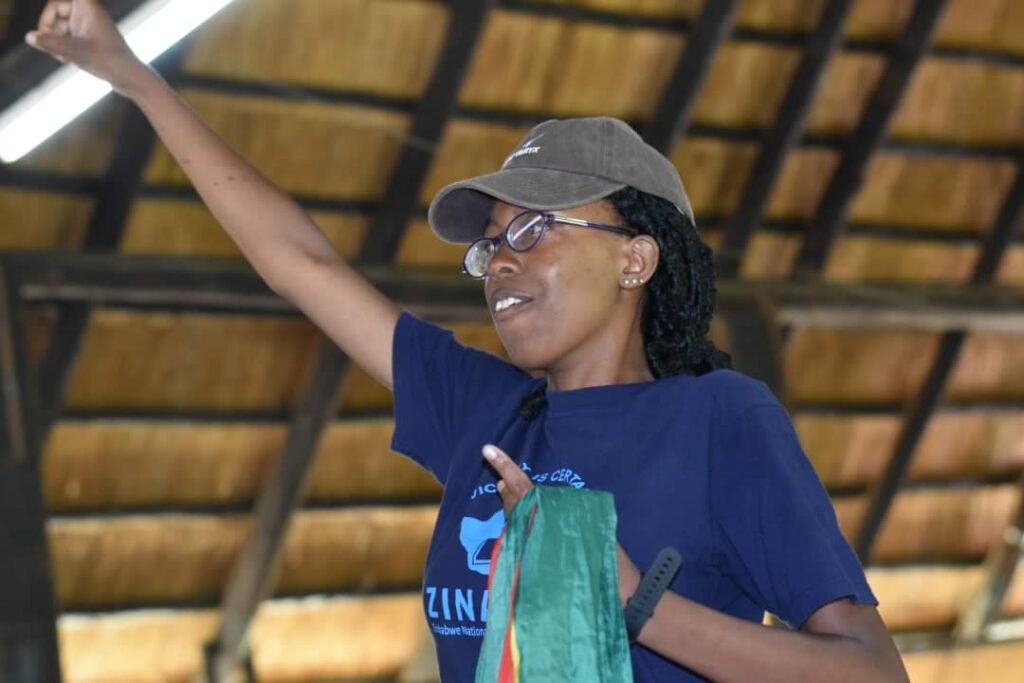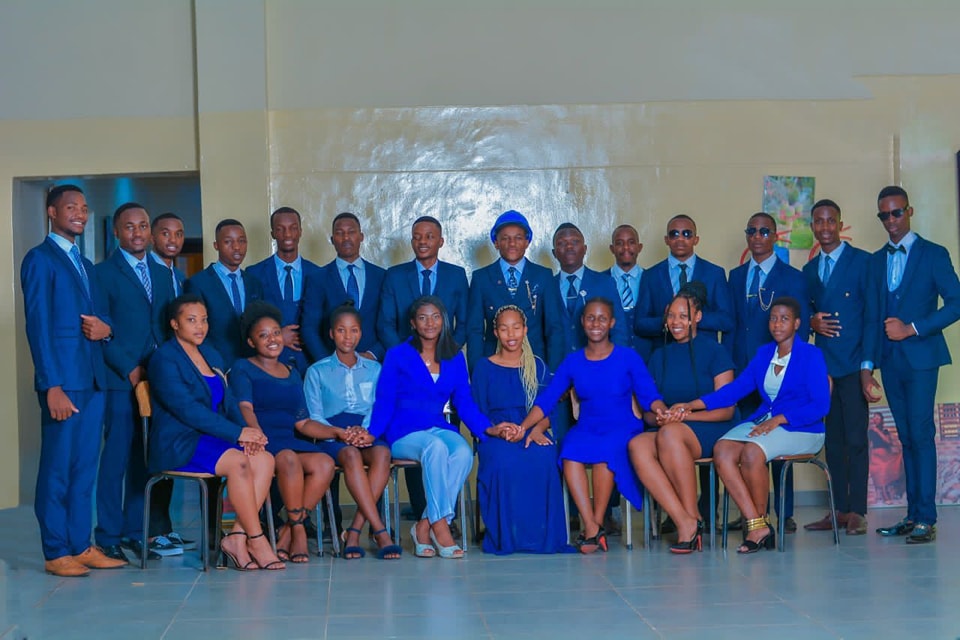Since 1998, Zimbabwe National Students Union has been at the frontline of gender advocacy and advancing the full empowerment of women and girls within Institutions of Higher learning. We understand, for instance, that gender is a socially constructed phenomenon that perpetuates inequality and is intricately tied to the relational aspects of femininity and masculinity.


Central Elements
Equal Students Rights and Opportunities – ZINASU is dedicated to ensuring that all students, regardless of their gender, have equal rights and opportunities within the education system and society at large. We advocate for policies and practices that eliminate gender-based discrimination and create a level playing field for everyone. This is also exemplified by our election processes where certain positions are reserved only for women so that women might be fairly represented in decision making issues.
Non-Discrimination – We strongly oppose any form of discrimination based on gender. ZINASU actively challenges and works to dismantle harmful gender stereotypes, social norms, and cultural practices that perpetuate inequality. We advocate for inclusive policies and a supportive environment that respects and values the diverse experiences and identities of all individuals.
Empowerment – We believe in the power of education to empower women and girls. ZINASU strives to provide educational opportunities that equip them with the knowledge, skills, and confidence to actively participate in decision-making processes and shape their own lives. Through workshops, mentorship programs, and leadership development initiatives, we aim to foster self-belief and agency among female students.
Challenging Stereotypes – ZINASU recognizes the importance of challenging and transforming harmful gender stereotypes. We promote awareness campaigns, discussions, and workshops that encourage critical thinking and challenge societal expectations placed on individuals based on their gender. By questioning and reshaping these stereotypes, we create an environment that allows all students to thrive and pursue their aspirations.
How does ZINASU emphasize its commitment to gender and women/girl’s empowerment?
Advocacy – ZINASU advocates for gender-responsive policies in education and beyond. We engage with policymakers, educational institutions, and the wider community to ensure the implementation of measures that promote gender equality, address gender-based violence, and foster a supportive environment for women and girls in communities and institutions of higher and tertiary education.


Capacity-Building – We provide training and capacity-building programs that enhance the leadership skills, self-esteem, and self-efficacy of women and girls. Through workshops, seminars, and mentorship, we empower them to actively participate in student governance, decision-making processes, and community development.
Awareness and Education – ZINASU organizes awareness campaigns, seminars, and educational initiatives to challenge stereotypes and promote gender equality. We strive to create safe spaces for dialogue, encouraging open discussions on gender-related issues and fostering a culture of respect and inclusivity.
Research and Documentation – We conduct research and document instances of gender discrimination and inequality within the education system. By generating evidence-based knowledge, we aim to raise awareness, influence policies, and advocate for change at both the institutional and societal levels.
Collaboration and Partnerships – ZINASU collaborates with like-minded organizations, civil society groups, and educational institutions to amplify our impact. We build partnerships to combine efforts, share resources, and collectively work towards advancing gender equality and women/girls empowerment.
At ZINASU, we are dedicated to creating a future where gender equality is a lived reality. Through our programs and advocacy, we aspire to empower women and girls, challenge stereotypes, and build a more inclusive and equitable society in Zimbabwe.
